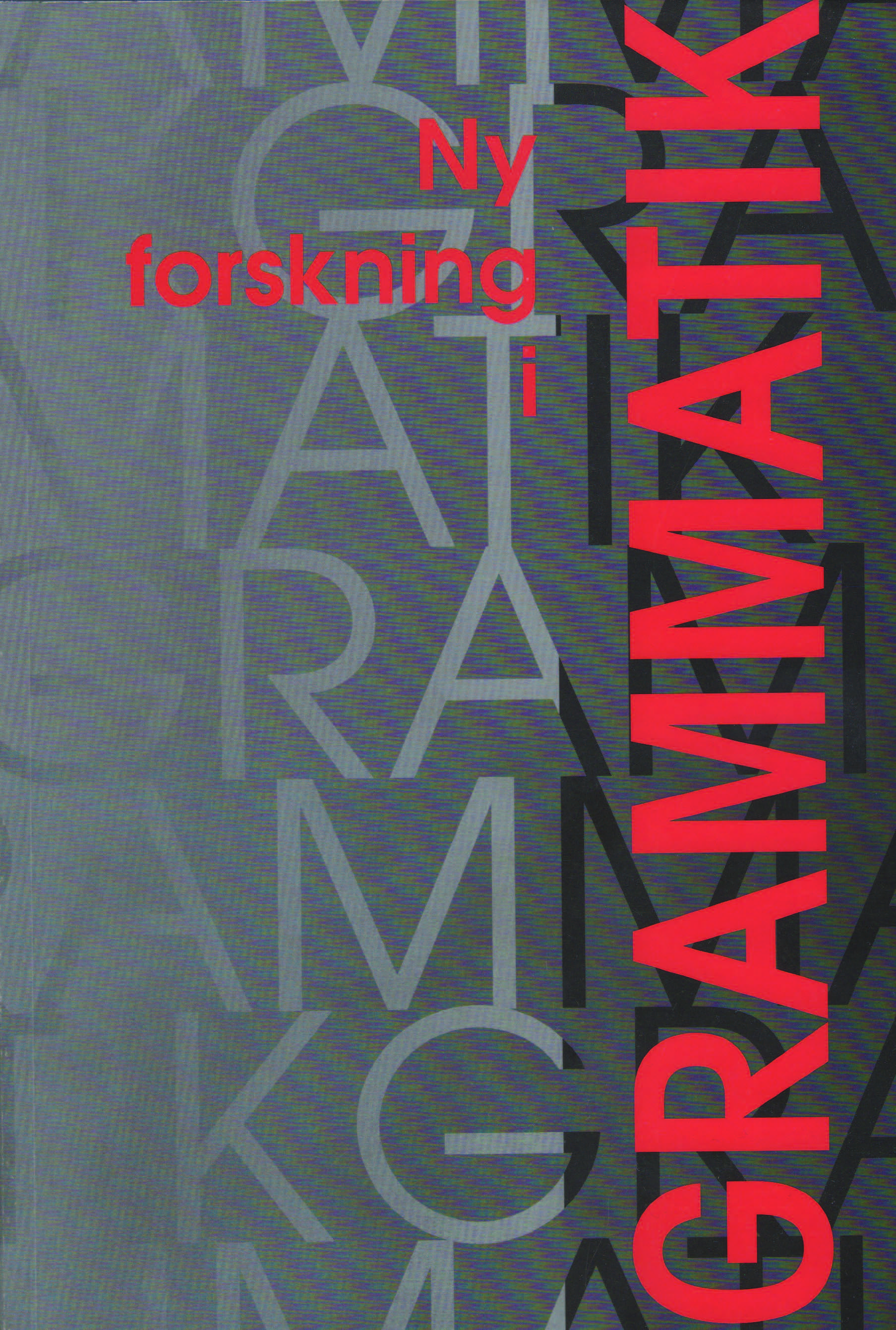Spansk verbal-kongruent betydning: verbet, konstruktionen og det grammatiske aspekt. Et kontrastivt-sprogtypologisk perspektiv
DOI:
https://doi.org/10.7146/nfg.v0i26.116000Nøgleord:
spansk, konstruktioner, sprogbrugsbaseret, sprogtypologi, aspektResumé
Spanish and typologically related languages are characterized by absence of unaccusativization (Levin & Rappaport Hovav 1995). According to Horrocks & Stavrou (2007), the verb-inflected grammatical aspect explains the absence of unaccusativization. Against this view, the article argues that the phenomenon relates to the typologically privileged role of the Spanish verb lexeme. From a usage-based point of view, absence of unaccusativization is understood as an undeveloped possibility of schematization. Spanish constructions are verb-framed and constructional (schematic) patterns only have a secondary role elaborating on the verb-framed core meaning (Pedersen 2019). Grammatical aspect, it is argued, likewise plays a secondary role making the verbal contribution congruent with the intended aspectual meaning.
Downloads
Publiceret
Citation/Eksport
Nummer
Sektion
Licens
Forfatteren/forfatterne og Dansk Sprognævn har ophavsret til de artikler der bringes i tidsskriftet.





